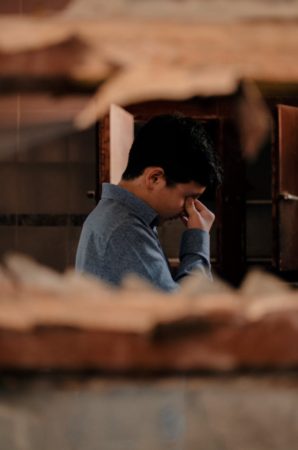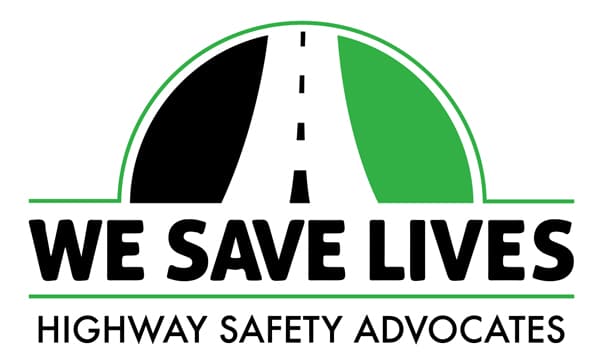
In the immediate aftermath of an accident, it is usually the physical injuries that are assessed and treated. If you experience long-term health effects, you will continue with doctor visits ongoing to learn coping strategies for returning to a normal life. Unlike physical injuries, however, the emotional injuries after an accident also require serious attention and appropriate treatment. Being the victim of another person’s negligence can be very traumatic and can lead to serious psychological and emotional injuries. Often, these injuries are as disabling as a physical injury
Learn about Post-Traumatic Stress Disorder (PTSD)
We commonly associate post-traumatic stress disorder with people who undergo extreme stress, such as soldiers who have been in combat situations. However, PTSD can affect anyone who lives through something very traumatic such as a car accident.
Not everyone who goes through something so stressful and traumatic will suffer from Post-Traumatic Stress Disorder – and you may or may not experience these symptoms. Some of the most common indicators of PTSD include:
- Frequently reliving the trauma, such as frequent flashbacks or recurring nightmares.
- Avoiding anything associated with the accident, such as driving, or talking about the accident with others.
- Reduced emotional contact with others.
- Exaggerated reactions. This can include startling easily, feeling exceptionally irritable, or being unable to sleep.
Children can experience PTSD differently than adults. Their symptoms could include some of the following:
- Refusing or being unable to speak
- Becoming exceptionally clingy
- Bedwetting after being toilet trained
There are a variety of treatments available for PTSD. Your mental health professional can recommend cognitive behavioral therapy or psychotherapy to help you manage your symptoms, among other things and can also teach you pain management techniques that may help.
Learn How to Manage Anxiety
Whether or not you have PTSD, heightened anxiety after an accident is quite common. Recognize that anxiety is both normal and manageable. We recommend you try the following when you find yourself becoming anxious:
- Practice mindful breathing by taking slow, deep breaths.
- Focus on the world around you. Notice physical objects in the present moment instead of mentally reliving the accident.
- Learn and use muscle relaxation techniques.
A therapist or mental health professional also can help you learn anxiety-controlling techniques specific to your situation. Contact a mental health specialist if you feel unable to cope with anxiety and if anxiety interrupts your everyday life.
Take Care of Yourself
You have just been through a very traumatic experience. It’s okay to give yourself time to cope. Be patient with yourself; as with physical injuries, emotional scars take some time to heal.
Suffering silently can only add to your mental anguish and distress. Talk to a trusted friend or family member about your experience and how you are coping. Just make sure someone is available to help you process your anxiety and emotions. It can also be helpful to find a therapist who can help you work through your issues. They are qualified to give you advice on managing your stress and coping with your trauma.
Similarly, you deserve to be compensated for all types of damages incurred. Talk to your personal injury lawyer about how the accident affected your mental health to make sure you receive the treatment you need and deserve.
For more information please visit: www.iacobellilaw.com.
Submitted by Andrew Iacobelli, Personal Injury Lawyer
Iacobelli Law Firm is not only a member but they are also a proud sponsor of the Crash Support Network and we thank them for their support.
This article is also featured in our 2021 Spring Issue of Sharing our Recovery





